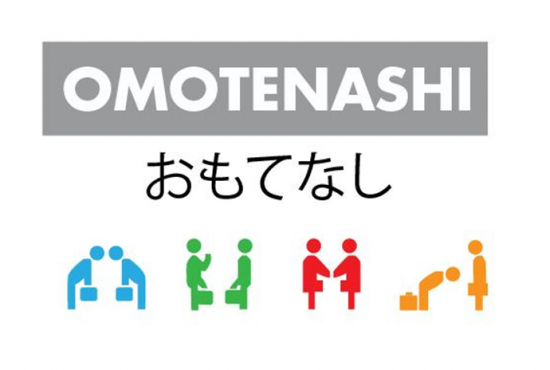Future is Here: How Metaverse
Becomes the Part of HR Technology
The Metaverse is a virtual or alternate world in which individuals are replaced by avatars and digital depictions, allowing people to gather in the same space regardless of their geographical location.
Metaverse is now expanding its horizons into other areas such as artificial intelligence (AI), HR technology, big data analytics, and cloud computing. What does this mean for the future of the company ?
With the rise of AI and Big Data, companies are starting to adopt these technologies to improve their operations. In addition, the adoption of cloud computing has become widespread. As a result, organizations are looking for ways to integrate these new technologies into their existing infrastructures.
Metaverse and HR Tech: Everything You Need To Know
Extending reality (XR) uses technology to modify our reality and interactions, generating unique settings, experiences, and interactions with others. When you add in a worldwide pandemic, travel limitations, and the need to get things done fast, XR becomes a strong tool for bridging “physical distance” and enabling people to collaborate regardless of where they are located. According to the World Economic Forum, around 58 percent of businesses will use this technology in the next two years.
The epidemic has made it more likely that the Metaverse will become popular, not just in HR technology but in other aspects of life. Businesses are clamoring for new methods to communicate as well as improve employee engagement. These will ultimately remain some of the main legacies of the new virtual reality experience.
The Future of Work and Metaverse
According to Gartner, 25% of individuals will spend at least one hour every day in the Metaverse for work, retail, education, social networking, and/or leisure by 2026. Consider a Metaverse as the next evolution of the Internet, which began as separate bulletin boards and online destinations. These locations eventually became destinations on a virtual shared area, similar to how the Metaverse will grow.
Technology’s virtual workplace may begin to seem more appealing as a way for individuals to be there with other people in digital places. The long-term goal is for users to be able to access the Metaverse from a variety of devices and locations, whether via mobile apps or immersive virtual and augmented reality technologies.
What elements of HR Would Metaverse Help Improve ?
New employee inductions, employment information sharing, online aptitude tests, and AI job capacity evaluations are already being used as part of a combined approach in businesses like Siemens and Hyundai, where new employee inductions, employment information sharing, online aptitude tests, and AI job capacity evaluations are already being used as part of a combined approach. Consider a new group of high-potential executives donning virtual reality goggles and experiencing complicated business situations with significant customers, a virtual board of directors, or analysts. VR allows workers to be exposed to circumstances they may face as they go up the corporate ladder in a secure and controlled environment that supports learning and growth.
Considering the Metaverse will assist in winning the hearts and minds of the new generation of workers who are focused and interested in new experiences in order to keep up with recruiting and engage the contemporary generation of employees. Progressive employers are encouraging new employees to communicate with their colleague avatars at a virtual training center, playing games, taking tests, and building relationships before face-to-face meetings –and in some cases before employment offer –because the Metaverse can provide auditoriums, lecture halls, restaurants, and social places that closely resemble those in the real world. New workers may create their own virtual avatars that match their personalities, likes, and appearance, giving them a chance to indirectly sell themselves.
Some brands and businesses are exploring how virtual reality experience may be used to create immersive work environments. Meta (formerly Facebook) stated in November last year that it is employing 10,000 employees to help create its contribution to the ‘Metaverse,’ which is characterized as a digital world that mimics and augments our own and can be viewed using a virtual reality (VR) headset. It’s as though you’ve walked into the internet. People can work, contribute, and create after they’ve arrived.
This, however, is much more than a terrific method to cooperate. As far as HR tech goes, it may be used to onboard employees who work remotely. For training and simulations, employees may interact with 3D models. People may work on concentrated tasks on their own, accessing information, papers, video, and anything else they need. Other practical applications include the capacity to create digital twins of factories, construction sites, or any other physical place in order to enable immediate access to information such as the location of energy lines or critical infrastructure. This is now being a place for projects like Crossrail.
Conclusion
The Metaverse isn’t just for gaming anymore; rather, it is becoming an immersive platform for collaboration, education, training, communication, and HR technology: A truly new way of working. This will empower people and change the way we view work by enhancing our ability to collaborate and learn together.
In this era of rapid technological progress, the Metaverse is poised to become one of the most important breakthrough technologies of all time. When the Metaverse does arrive, companies can use the technology to train existing staff, recruit new staff, retain top talent, and offer a level of personalization that helps companies stand out from competitors. The Metaverse is the next frontier at work, and everyone should note.
Source: The HR Digest








